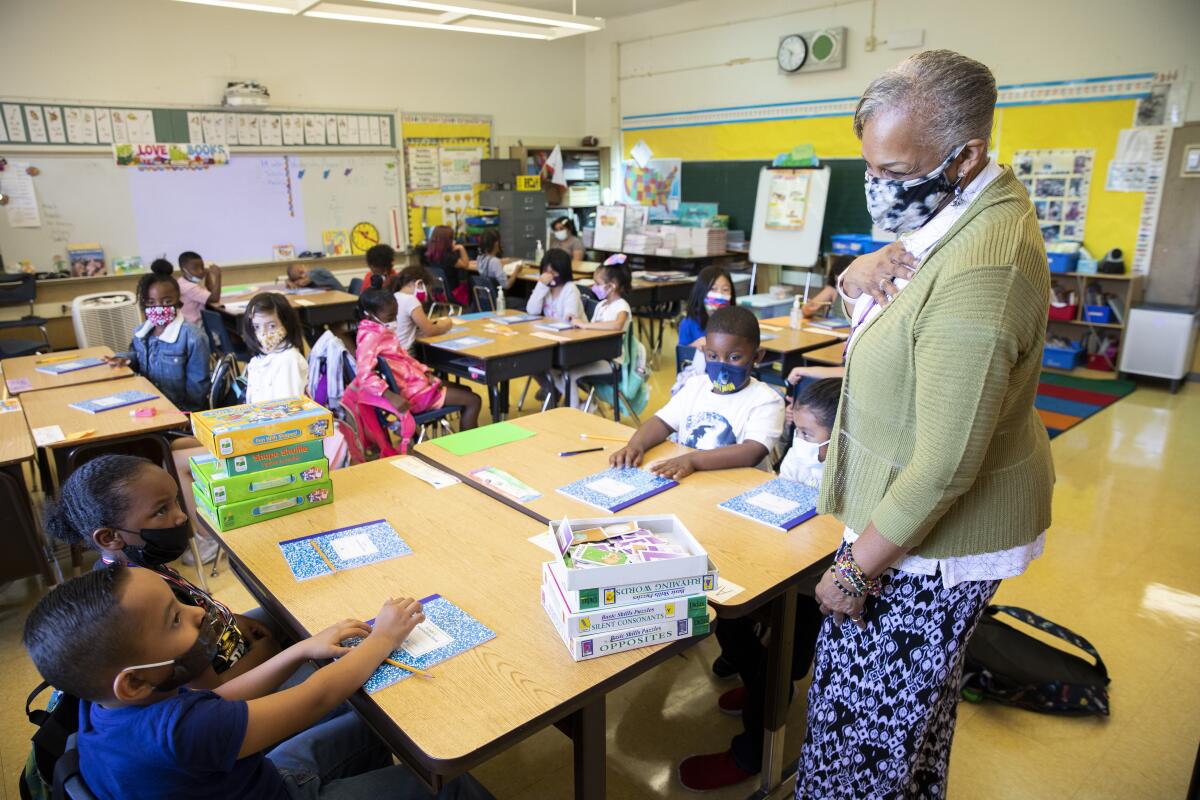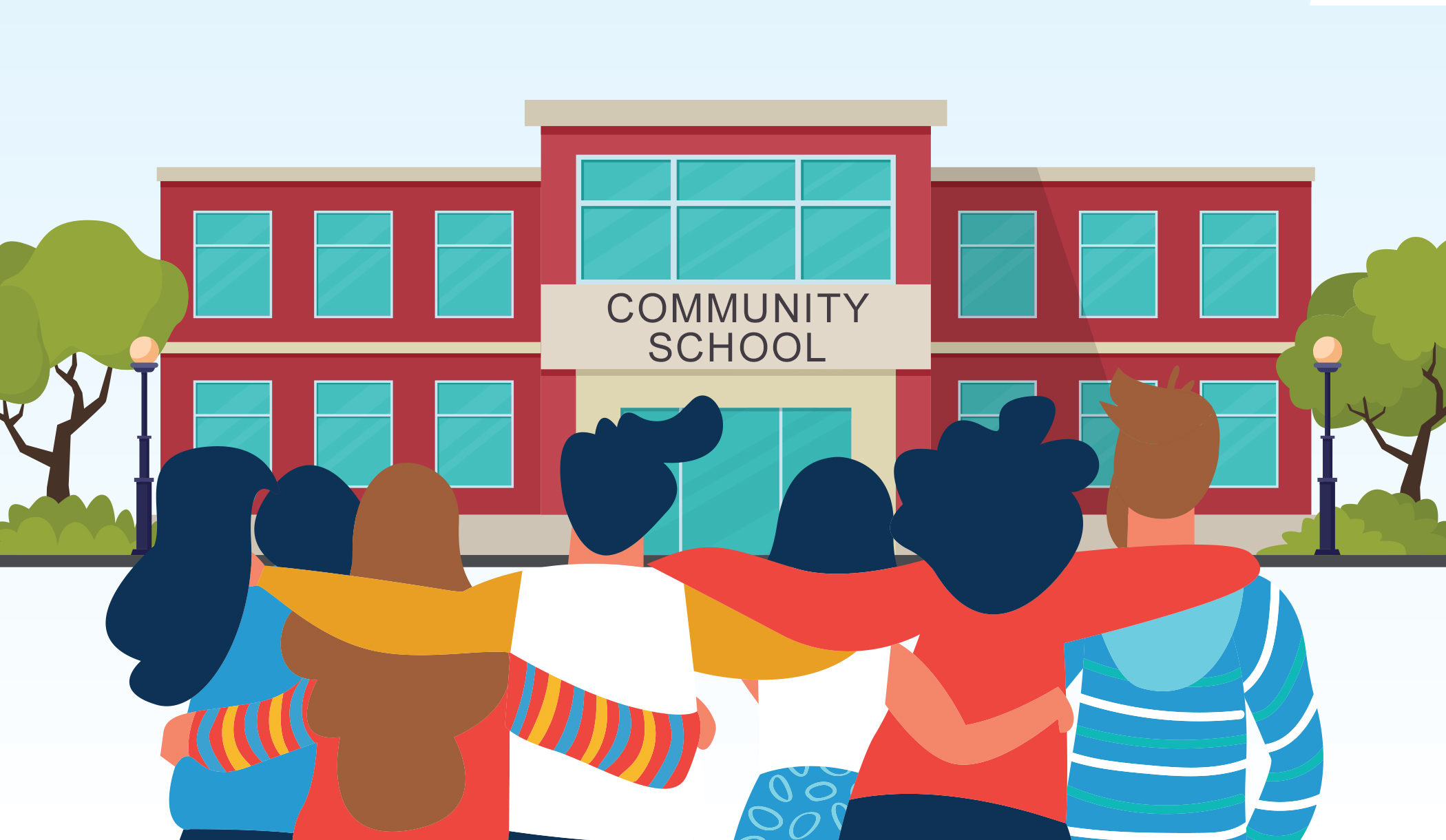Check Out the Challenges Encountering Our Neighborhood: Save Temecula Schools
Check Out the Challenges Encountering Our Neighborhood: Save Temecula Schools
Blog Article
Comprehending the Significance of Colleges in Youngster Development and Area Development
Schools' interaction with local communities with service-learning efforts strengthens the bond in between families and educational organizations. This symbiotic partnership underscores the significance of schools in nurturing energetic citizenship and long-lasting knowing behaviors.
Academic Accomplishment
Academic success acts as a keystone of kid advancement, providing the structure whereupon future learning and success are constructed. Schools play a pivotal duty in cultivating this scholastic growth, supplying structured environments where kids can acquire vital knowledge and cognitive abilities. Standardized curricula make certain that trainees gain proficiency in core subjects such as maths, science, and language arts, which are essential for both higher education and specialist chances.
In enhancement to imparting essential academic skills, schools additionally grow critical thinking, analytic capacities, and intellectual inquisitiveness. These cognitive expertises are vital for browsing complex real-world circumstances and adjusting to the ever-evolving needs of the modern-day work environment. Educators, as facilitators of discovering, utilize diverse pedagogical approaches to deal with different learning styles, consequently optimizing individual student possibility.
In addition, scholastic success is very closely connected to self-worth and inspiration. Youngsters who experience scholastic accomplishments are more likely to establish a favorable self-concept and a lifelong passion for discovering. Colleges likewise provide different sources, such as collections and technology, which further improve the academic experience and prepare students for a highly sophisticated society.
Social Ability Advancement
Beyond academic accomplishment, the duty of institutions in social ability advancement is vital. Schools function as a key venue for youngsters to find out and practice crucial social skills such as interaction, conflict, and teamwork resolution. In the structured atmosphere of a class, pupils communicate with peers, instructors, and various other school team, providing countless opportunities to create these critical capacities.
Efficient social skill development in schools is facilitated via group tasks, joint jobs, and extracurricular programs. These interactions aid trainees understand social norms, construct empathy, and cultivate a feeling of community. Group tasks show pupils how to work with each other in the direction of a common goal, listen to different point of views, and navigate arguments constructively.

The growing of social abilities throughout institution years lays a structure for future individual and specialist partnerships. Save Temecula Schools. As students grow, the capacity to efficiently work together and interact becomes significantly essential, emphasizing the school's important duty in holistic youngster advancement
Exposure to Variety
Exposure to diversity in institutions is essential to promoting an inclusive attitude and expanding trainees' point of views. Schools serve as a microcosm of the broader culture, and coming across varied cultures, languages, and socioeconomic histories within this setting furnishes students with crucial skills for browsing an increasingly globalized globe. This direct exposure motivates empathy, lowers prejudices, and advertises mutual regard amongst peers.
Diverse like it class likewise improve cognitive and social development. Research shows that trainees who interact with peers from different backgrounds display better analytic skills and creativity. They find out to appreciate different viewpoints, which improves class discussions and fosters a much more vibrant understanding experience. Additionally, this understanding of variety prepares students for future workplaces that value multicultural proficiency.

Community Engagement
The advantages of varied classrooms expand beyond the institution walls, fostering a solid sense of community interaction amongst trainees. By connecting with peers from numerous cultural, socioeconomic, and ethnic histories, trainees acquire a more comprehensive perspective and an admiration for diversity. This direct exposure urges them to come to be energetic residents that agree to contribute favorably to their areas.
Institutions that highlight area interaction usually incorporate service-learning jobs, which allow students to resolve real-world troubles while using scholastic skills. These projects not only boost students' understanding of their coursework yet additionally instill a feeling of responsibility and empathy. Moreover, collaborations between schools and local companies supply trainees with opportunities to take part in community occasions, additionally solidifying their duty as proactive area participants.
Furthermore, parental and community involvement in institutions strengthens the bond between academic organizations and the neighborhoods they offer. Via these initiatives, institutions play a critical role in nurturing community involvement and cultivating societal development.
Lifelong Discovering Habits
Establishing lifelong understanding routines is vital for a youngster's continual growth and adaptability in an ever-changing world. Institutions play an essential duty in instilling these practices by developing a setting that promotes interest, essential reasoning, and a love for knowledge. Via varied curricula and extracurricular activities, educators encourage pupils to discover numerous subjects, analyze details critically, and apply their discovering to real-world scenarios.

Moreover, institutions give a structured setting where kids can develop self-discipline and time management abilities, both of which are crucial for constant understanding. By emphasizing the value of establishing goals, assessing progression, and adjusting methods, academic institutions prepare trainees to navigate the complexities of grown-up life, ensuring they remain long-lasting learners and factors to society.
Conclusion
In final thought, institutions are vital in promoting youngster advancement and neighborhood growth by offering settings for academic accomplishment, social skill development, and exposure to variety. Through joint projects and communications, institutions enhance crucial thinking, empathy, and communication abilities. Neighborhood involvement initiatives additionally reinforce the bond in between schools navigate to this website and regional areas. Ultimately, colleges cultivate long-lasting learning behaviors, equipping people with the essential expertise and skills to add positively to society.
In the structured atmosphere of a class, pupils interact with peers, educators, and various other institution team, supplying many possibilities to establish these essential capacities.
In significance, exposure to variety within institutions not only enhances individual pupils however likewise enhances the social material of the community as a whole.
The benefits of diverse classrooms expand past the institution walls, promoting a solid feeling of area interaction among pupils.Colleges that emphasize community engagement frequently integrate service-learning jobs, which enable students to address real-world problems while using scholastic abilities. Collaborations in between institutions and local organizations offer trainees with possibilities to take part in neighborhood occasions, better strengthening their function as aggressive area participants.
Report this page